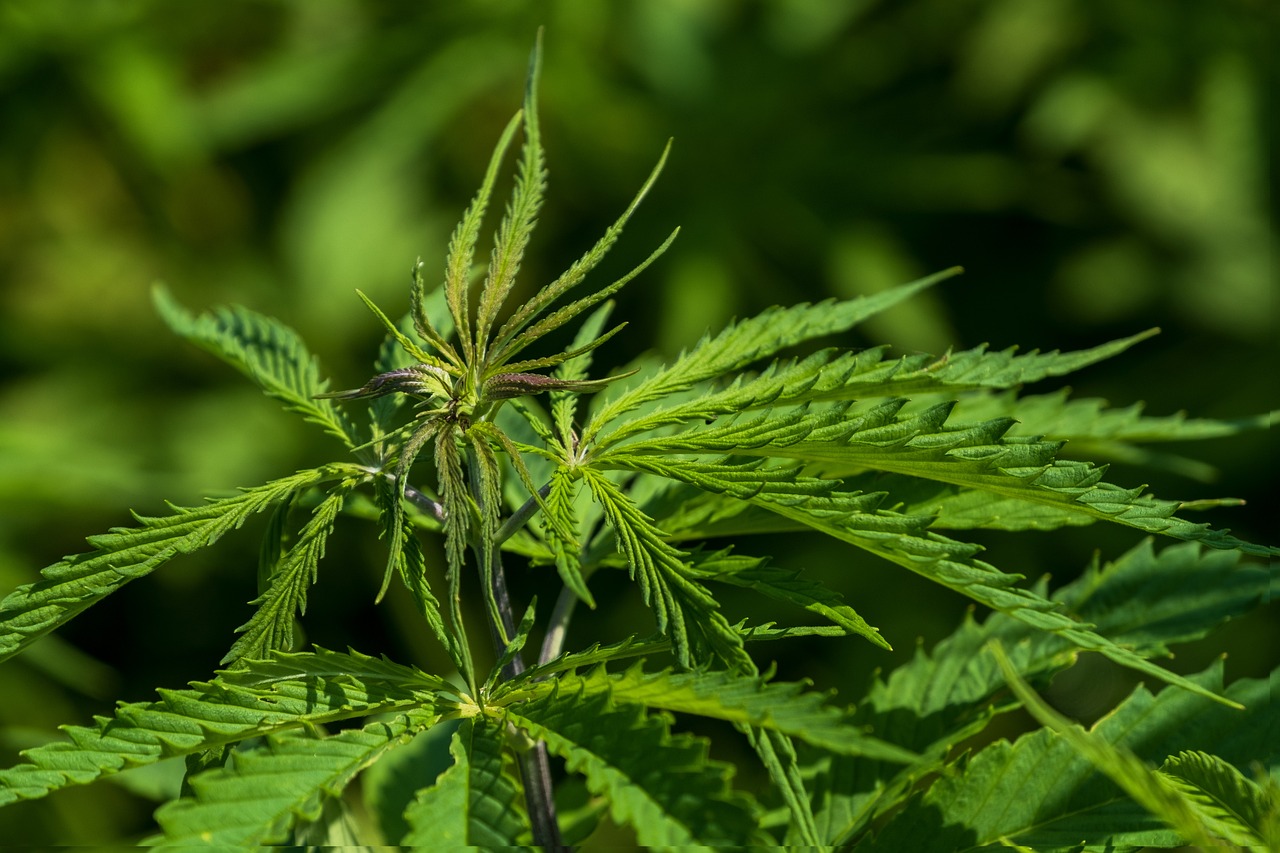The world of natural remedies is vast and varied, with many turning to plant-based solutions for health and wellness. Among these, the THCA flower has emerged as a promising option. This article explores the potential benefits and applications of How THCa affects the body, offering insights into its role in natural healing.
Understanding THCA: The Basics
THCA, or tetrahydrocannabinolic acid, is a non-psychoactive cannabinoid found in raw cannabis plants. Unlike THC, which is known for its psychoactive effects, THCA does not produce a “high.” This makes it an attractive option for those seeking therapeutic benefits without the mind-altering effects.
How THCA Differs from THC
- THCA is the precursor to THC. It converts to THC through a process called decarboxylation, which occurs when cannabis is heated.
- THCA is non-psychoactive, while THC is known for its psychoactive properties.
- THCA is found in raw and live cannabis plants, whereas THC is present in dried and cured cannabis.
Potential Health Benefits of THCA
Research into THCA is still in its early stages, but preliminary studies and anecdotal evidence suggest several potential health benefits.
Anti-Inflammatory Properties
THCA has shown promise as an anti-inflammatory agent. Inflammation is a common factor in many chronic conditions, including arthritis and autoimmune diseases. By reducing inflammation, THCA may help alleviate symptoms associated with these conditions.
Neuroprotective Effects
Some studies suggest that THCA may have neuroprotective properties, potentially benefiting those with neurodegenerative diseases like Alzheimer’s and Parkinson’s. These effects could help protect brain cells from damage and support overall brain health.
Antiemetic Properties
THCA may also help reduce nausea and vomiting, making it a potential option for those undergoing chemotherapy or dealing with other conditions that cause these symptoms. Its antiemetic properties could improve quality of life for patients experiencing these side effects.
Real-World Applications and Case Studies
While scientific research is ongoing, real-world applications of THCA are already being explored. Several case studies highlight its potential benefits.
Case Study: THCA for Arthritis Relief
In one case, a patient with rheumatoid arthritis reported significant pain relief after incorporating THCA into their treatment regimen. The patient noted reduced joint swelling and improved mobility, attributing these improvements to the anti-inflammatory effects of THCA.
Case Study: THCA in Neurodegenerative Disease Management
A caregiver for a patient with Parkinson’s disease observed improvements in tremors and muscle stiffness after introducing THCA. While not a cure, the caregiver reported that THCA helped manage symptoms and improve the patient’s quality of life.
How to Use THCA Flower
For those interested in exploring THCA flower, there are several methods of consumption. Each method offers unique benefits and considerations.
Juicing Raw Cannabis
Juicing raw cannabis leaves and flowers is one way to consume THCA. This method preserves the cannabinoid’s non-psychoactive properties and allows for easy incorporation into a daily routine.
THCA Tinctures and Oils
THCA tinctures and oils provide a convenient way to consume the cannabinoid. These products can be taken sublingually or added to food and beverages, offering flexibility in dosage and consumption.
Topical Applications
For localized relief, THCA-infused creams and balms can be applied directly to the skin. This method is particularly useful for targeting specific areas of pain or inflammation.
Legal Considerations and Accessibility
The legal status of THCA varies by region, and it’s important to understand local regulations before purchasing or using THCA products. In some areas, THCA is considered legal due to its non-psychoactive nature, while in others, it may be subject to the same restrictions as THC.
Finding Quality THCA Products
- Look for products that have been third-party tested for purity and potency.
- Choose reputable brands with transparent sourcing and manufacturing practices.
- Consider consulting with a healthcare professional to determine the best approach for your needs.
Conclusion
THCA flower presents a promising option for those seeking natural healing solutions. With potential benefits ranging from anti-inflammatory and neuroprotective effects to antiemetic properties, THCA offers a versatile approach to wellness. As research continues to unfold, the therapeutic potential of THCA may become even more apparent, providing new avenues for health and healing.
